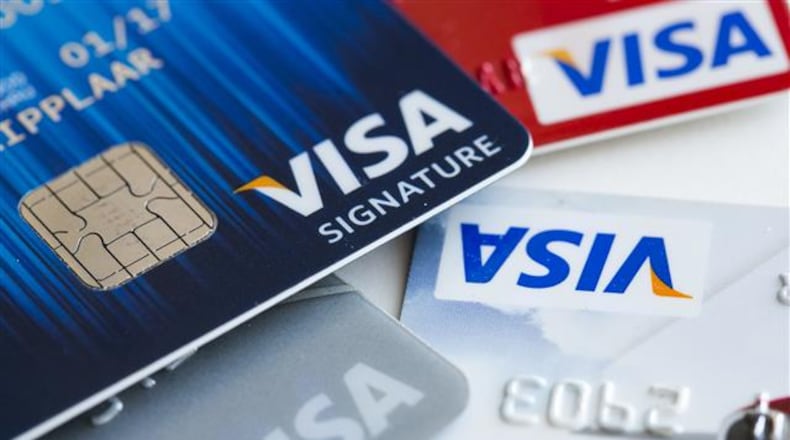Identity theft is one of the biggest criminal problems in the U.S.
In 2012 , almost twice as much was stolen via ID theft ($24 billion) than all other types of theft combined ($14 billion). The numbers are worse in 2015.
Since ID theft is difficult to prosecute and typically involves multiple jurisdictions, local police can do little to stop it.
In the state of Georgia there is a statewide police agency dedicated to writing traffic tickets. It is a simple thing to pull over a speeder. Far fewer police try to stop criminals from ruining your credit history.
Police typically wait for ID theft victims to contact them, then they write up a police report the victim can use to show their credit card company it wasn't them that bought a major appliance in a state they've never visited.
In Miami, police are more proactive.
According to federal prosecutors, police there cleaned up credit histories by filing fake police reports.
The Miami Herald article says a couple, Vanessa and Mario Perez, made more than $322,000 in one year by cleaning up their clients' credit histories "almost as if by magic."
Magic, I sadly admit, does not exist. Instead, the Perezes bribed police officers to write fake police reports.
How much does it cost to bribe a Miami cop? About $200 to $250.
The feds say four police officers were paid to write about 130 fake reports. One police officer, who must have had bad credit, is accused of writing a fake report for himself and an "acquaintance." He signed another police officer's name to his ID theft report so it looked less suspicious.
Two police officers and the Perezes have pleaded guilty.
Vanessa Perez is quite the businesswoman. She was convicted of absentee ballot fraud before opening two credit repair businesses.
I'm not sure what ballot fraud pays, but the Perezes were paid $1,500 a pop for their services. The business would pay the police officers for the fake criminal reports, which would be sent the credit reporting agencies, Equifax, Transunion and Experian.
It's nice that those with credit problems they deserve can find police to help them.
Meanwhile, Florida leads the nation in real ID theft . Florida's fraud rate is almost a third higher than second-ranked Georgia.
Hey, this might be a good time to tell you what to do if you are the victim of ID theft.
About the Author
Keep Reading
The Latest
Featured




